
Luchino Visconti di Modrone, Count of Lonate Pozzolo was an Italian filmmaker, theatre and opera director, and screenwriter. He was one of the fathers of cinematic neorealism, but later moved towards luxurious, sweeping epics dealing with themes of beauty, decadence, death, and European history, especially the decay of the nobility and the bourgeoisie. Critic Jonathan Jones wrote that “no one did as much to shape Italian cinema as Luchino Visconti.”

Claude Joséphine Rose Cardinale, known as Claudia Cardinale, is a Tunisian-born Italian actress.

Silvana Mangano was an Italian film actress. She was one of a generation of thespians who arose from the neorealist movement, and went on to become a major female star, regarded as a sex symbol for the 1950s and '60s. She won the David di Donatello for Best Actress three times – for The Verona Trial (1963), The Witches (1967), and The Scientific Cardplayer (1973) – and the Nastro d'Argento for Best Actress twice.
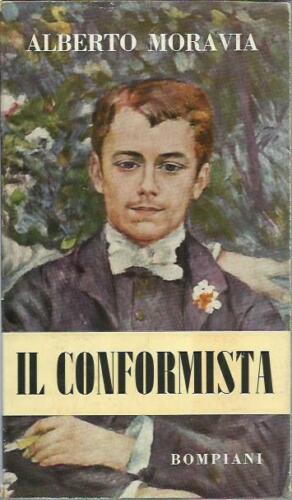
The Conformist is a novel by Alberto Moravia published in 1951, which details the life and desire for normality of a government official during Italy's fascist period. It is also known for the 1970 film adaptation by Bernardo Bertolucci.

La Grande Bouffe is a 1973 French–Italian satirical film directed by Marco Ferreri. It stars Marcello Mastroianni, Ugo Tognazzi, Michel Piccoli, Philippe Noiret and Andréa Ferréol. The film centres on a group of friends who plan to eat themselves to death. It satirises consumerism and the decadence of the bourgeoisie and was received controversially upon its release, but later gained a cult status.

Michele Placido is an Italian actor, director and screenwriter. He began his career on stage, and first gained mainstream attention through a series of roles in films directed by the likes of Mario Monicelli and Marco Bellocchio, winning the Berlinale's Silver Bear for Best Actor for his performance in the 1979 film Ernesto. He is known internationally for portraying police inspector Corrado Cattani on the crime drama television series La piovra (1984–2001). Placido's directorial debut, Pummarò, was screened Un Certain Regard at the 1990 Cannes Film Festival. Three of his films have competed for the Golden Lion at the Venice Film Festival. He is a five-time Nastro d'Argento and four-time David di Donatello winner. In 2021, Placido was appointed President of the Teatro Comunale in Ferrara.
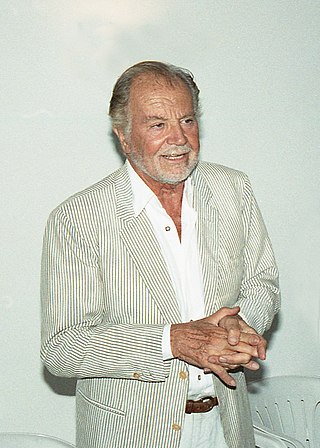
Gabriele Ferzetti was an Italian actor with more than 160 credits across film, television, and stage. His career was at its peak in the 1950s and 1960s.

Mariangela Caterina Melato, sometimes billed as Maria Angela Melato, was an Italian film and theatre actress. She is most remembered for her roles in films of director Lina Wertmüller, including The Seduction of Mimi (1972), Love and Anarchy (1973), and Swept Away (1974). In cinema, she also appeared in films of Claude Chabrol, Elio Petri and Vittorio De Sica, and on stage in productions by Dario Fo, Luchino Visconti and Luca Ronconi. Her roles in English-language films include the 1980 science fiction film Flash Gordon.
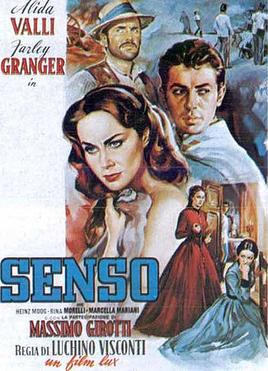
Senso is a 1954 Italian historical melodrama film directed and co-written by Luchino Visconti, based on Camillo Boito's novella of the same name. Set during the Third Italian War of Independence, the film follows the Italian Contessa Livia Serpieri, who has an affair with the Austrian Lieutenant Franz Mahler. It was Visconti's first color film.
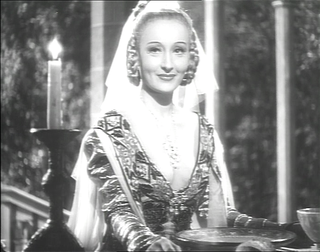
Clara Calamai was an Italian actress.
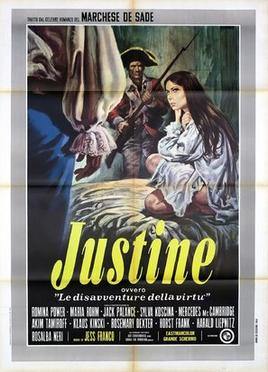
Marquis de Sade: Justine is a 1969 erotic period drama film directed by Jesús Franco, written and produced by Harry Alan Towers, and based on the 1791 novel Justine by the Marquis de Sade. It stars Romina Power as the title character, with Maria Rohm, Klaus Kinski, Akim Tamiroff, Harald Leipnitz, Rosemary Dexter, Horst Frank, Sylva Koscina and Mercedes McCambridge.

Vittorio Mezzogiorno was an Italian actor.
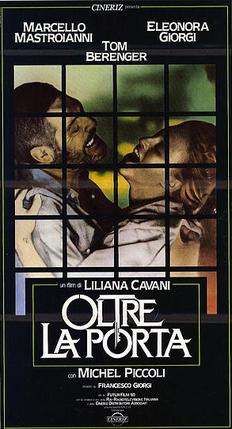
Beyond the Door is a 1982 Italian drama film directed by Liliana Cavani.
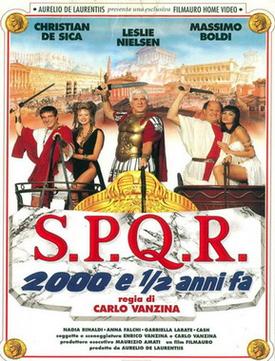
S.P.Q.R.: 2,000 and a Half Years Ago is a 1994 Italian comedy film directed by Carlo Vanzina and starring Christian De Sica, Massimo Boldi and Leslie Nielsen.
Lucrezia Lante della Rovere is an Italian film, television and theatre actress, who made her debut in Mario Monicelli's Speriamo che sia femmina (1986), where she acted along with Catherine Deneuve, Stefania Sandrelli, Giuliana De Sio, Giuliano Gemma, Bernard Blier, Philippe Noiret and Paolo Hendel.

Arrangiatevi!, internationally released as You're on Your Own, is a 1959 Italian comedy film directed by Mauro Bolognini.
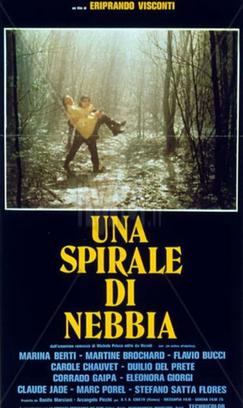
A Spiral of Mist is a 1977 Italian-French thriller-drama film directed by Eriprando Visconti. It is based on the novel with the same name written by Michele Prisco.

The Lady of Monza is a 1969 Italian historical drama film directed by Eriprando Visconti. It is loosely based on the real life events of Marianna de Leyva, better known as "The Nun of Monza", whose story was made famous by Alessandro Manzoni's novel The Betrothed.
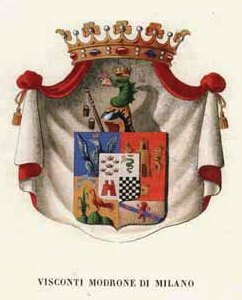
The House of Visconti di Modrone is a collateral branch of the Visconti of Milan. It originated in the 17th century and still exists today.

















